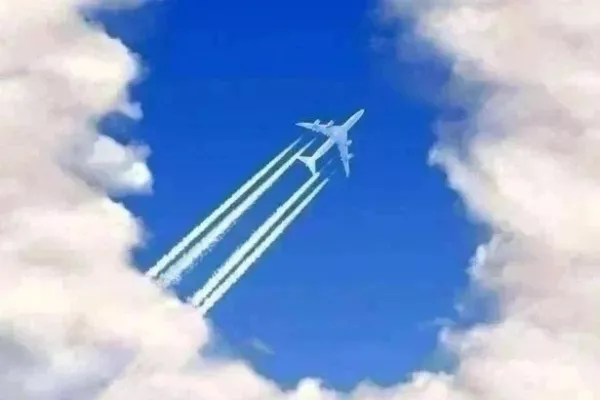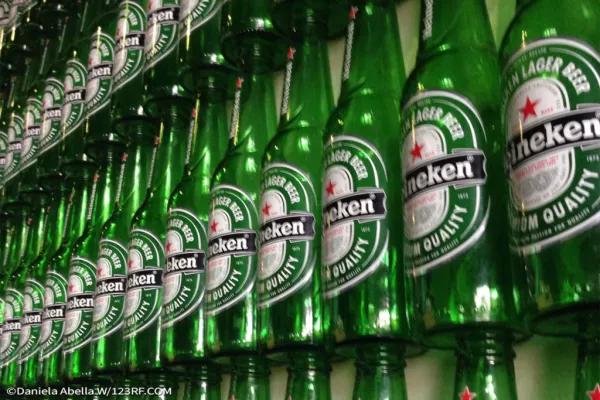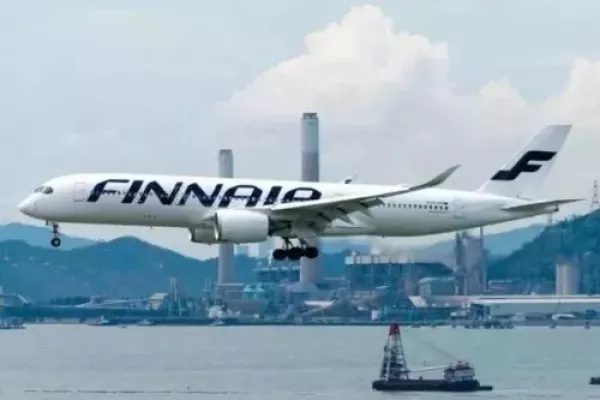Russia plans to end restrictions on flights to and from 52 countries after 9 April, part of its plans to reduce measures taken to slow the spread of COVID-19, Prime Minister Mikhail Mishustin said on Monday 4 April.
Russia plans to resume flights to and from Argentina, South Africa and other "friendly countries", Mishustin said, meaning those that have not joined the latest wave of western sanctions on Moscow over its invasion of Ukraine, which Moscow calls a "special operation" to demilitarise its neighbour.
Russia imposed broad travel restrictions at the start of the coronavirus pandemic in March 2020, many of which remain in force, but has gradually expanded the list of countries deemed safe for air travel.
Other countries with which Russia will resume flights after April 9 include Algeria, China, Lebanon, Peru and Pakistan, Russia's coronavirus task force said.
Mishustin also said Russia would be lifting restrictions on travel across the land border between Russia and China.
Russia has closed its airspace to airlines from 36 countries, including all 27 members of the European Union, in response to Ukraine-related sanctions targeting its aviation sector.
Punitive measures imposed by Western powers have also forced Western firms to terminate leasing contracts with Russian airlines for over 500 aircraft.
The sanctions also prevent Russian airlines from buying aircraft parts or maintenance services from Europe or the United States, adding to the pressure on the world's 11th largest aviation market from a ban on using North American and European airspace.
Moscow Says All Foreign Leased Aircraft Will Remain In Russia
The above news followed news that all foreign leased aircraft still in Russia after the termination of Western leasing contracts will remain in Russia, Deputy Prime Minister Yuri Borisov said on Thursday 31 March.
Sanctions imposed by Western powers in response to Russia's military campaign in Ukraine forced Western firms to terminate leasing contracts with Russian airlines for over 500 aircraft. Russia has said 78 of these planes were seized while abroad, meaning that well over 400 remain.
"The entire fleet, meaning foreign aircraft, will remain in Russia," Borisov said on Russian television. "Some were impounded(abroad) as sanctions were being introduced, (but) the vast majority of Boeing and Airbus (planes) remain in Russia."
Moscow has passed a law allowing the aircraft, worth almost $10 billion, to be entered on its own register, in contravention of international rules.
Bermuda and Ireland, where most of the planes are registered, have suspended airworthiness certificates, which usually means they should be grounded.
Russian airlines have thus been hesitant to use the law, fearing that they might jeopardise ties with foreign partners. But Borisov said that all the leased foreign aircraft had been entered into the Russian register.
The sanctions also prevent Russian airlines buying aircraft parts or maintenance services from Europe or the United States, adding to the pressure on the world's 11th largest aviation market from a ban on using North American and European airspace.
President Vladimir Putin said he had instructed the government to work out measures to ease the burden of leasing payments on Russia's airlines.
"As for leasing payments, let me remind you that a significant part of them were supposed to be paid to companies from so-called unfriendly countries, and they violated their contractual obligations," Putin said in televised remarks after a meeting with representatives of airlines and airplane manufacturers.
He said that Moscow would provide domestic airlines with 100 billion roubles ($1.25 billion) in support to help them deal with the consequences of the sanctions, and that domestic flights would receive government subsidies in 2022.
Russia To Give 100bn Roubles To Support Domestic Air Sector
All of the above news follows news that President Vladimir Putin said on Thursday 31 March that Russia would provide the domestic air sector with 100 billion roubles ($1.25 billion) in support to help it deal with the consequences of international sanctions.
In televised remarks at the end of a meeting with representatives of Russian airlines and aircraft manufacturers, he said domestic flights would also receive government subsidies in 2022.
News by Reuters, edited by Hospitality Ireland. Click subscribe to sign up for the Hospitality Ireland print edition.









